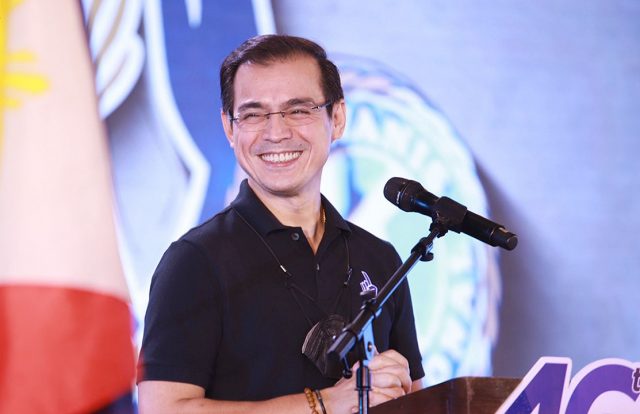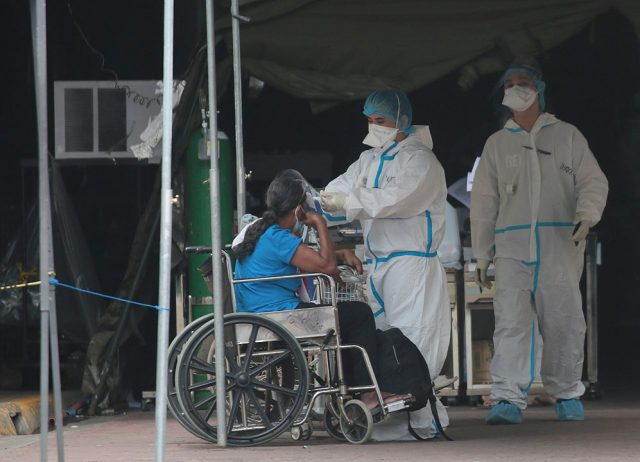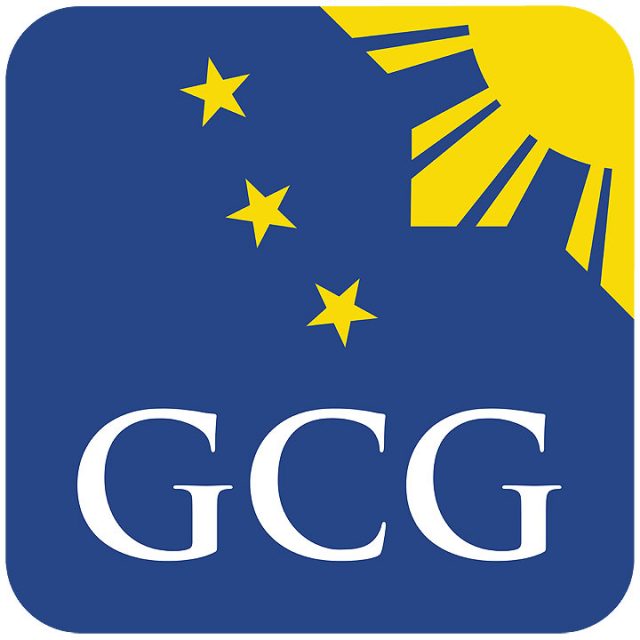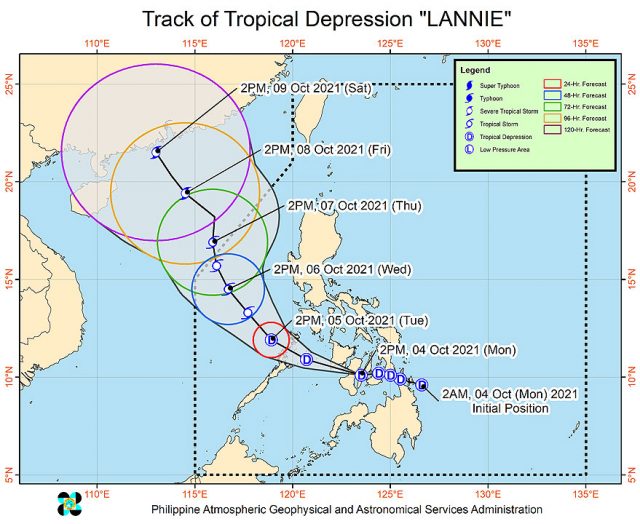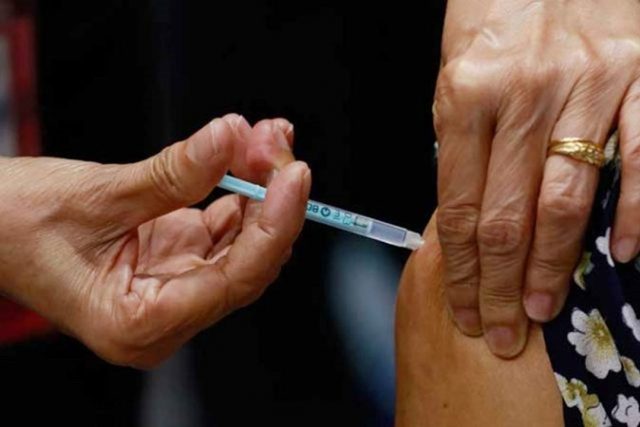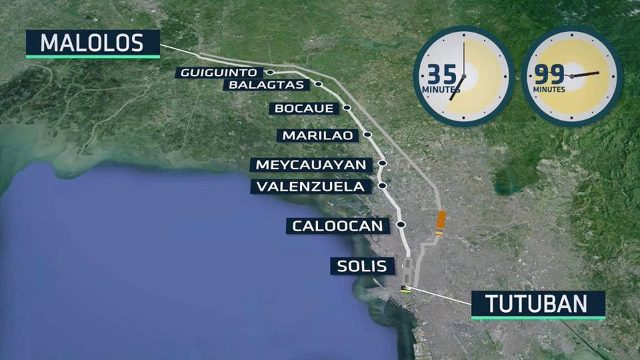Manila mayor files candidacy certificate for top Philippine post
MANILA City Mayor Francisco “Isko” M. Domagoso, a former matinee idol who beat former President Joseph E. Estrada in the 2019 local elections, on Monday filed his certificate of candidacy for President.
He filed his certificate with cardiologist and social media personality Willie T. Ong, who will be his vice-presidential mate.
Mr. Domagoso, whose rags-to-riches story has captivated many Filipinos, and Mr. Ong are running under Aksyon Demokratiko.
The tandem has promised to create a unifying government that will focus on the country’s pandemic recovery.
Mr. Domagoso earlier said he would create the “broadest form of government” and hire millennials if he becomes President. He said he would appoint officials who are competent and not because they are his friends.
The Manila chief has slammed the government’s pandemic response and the leadership style of President Rodrigo R. Duterte, whose late-night speeches he has criticized.
Mr. Domagoso, among the top presidential bets in opinion polls, used to be a scavenger and pedicab driver in a Manila slum before he was discovered by a talent scout.
Political analyst Cleve V. Arguelles has said Mr. Domagoso’s narrative could be easily discredited “because it’s personality — rather than platform-oriented.”
Vice-President Maria Leonor “Leni” G. Robredo, who has been endorsed by an opposition coalition as its presidential candidate for the 2022 elections, had been in talks with Mr. Domagoso as part of her efforts to form a united opposition.
Meanwhile, at least four members of Mr. Duterte’s Cabinet would run for senator next year, Alfonso G. Cusi, president of a faction of the ruling PDP-Laban, told the ABS-CBN News Channel.
These are presidential spokesman Herminio L. Roque, Jr., chief legal presidential counsel Salvador S. Panelo, Public Works Secretary Mark A. Villar and Presidential Anti-Corruption Commission Chairman Greco B. Belgica.
Labor Secretary Silvestre H. Bello III and Transportation Secretary Arthur P. Tugade were also considering running for senator, Mr. Cusi said.
The six were part of the initial slate of senatorial candidates under the Cusi faction of PDP-Laban.
Meanwhile, former Agriculture Secretary Emmanuel F. Piñol on Monday said he would run for senator under the Nationalist People’s Coalition. He also resigned from his position as head of the Mindanao Development Authority.
In a statement, the Agriculture chief said he would continue his advocacy for agriculture in the Senate.
Meanwhile, Mr. Cusi said that there was a “possibility” that Davao City Mayor and presidential daughter Sara Duterte-Carpio would run as the presidential candidate of PDP-Laban. The party can adopt a candidate who is aligned with its advocacies, he added.
Mr. Duterte on Saturday said his daughter would run for President in tandem with Senator Christopher Lawrence T. Go next year.
Ms. Carpio has filed her certificate of candidacy for a third term as Davao City mayor.
Mr. Duterte, who had flip-flopped on his 2016 presidential run, earlier said he would drop out of the vice-presidential race if his daughter runs for President. On Saturday, he claimed he would retire from politics after his six-year term ends.
A Social Weather Stations poll in June showed that six of 10 Filipinos thought Mr. Duterte’s vice-presidential run would be illegal.
Ms. Carpio, whose regional party has allied itself with traditional parties less than a year before the 2022 elections, has topped presidential opinion polls.
Political analysts have said the ruling camp might be doing everything they can to protect Mr. Duterte from potential lawsuits, especially in connection with his war on drugs.
Politicians have until Oct. 8 to file their certificates of candidacy. The substitution of candidates will be allowed until Nov. 15. — Kyle Aristophere T. Atienza and Russell Louis C. Ku

